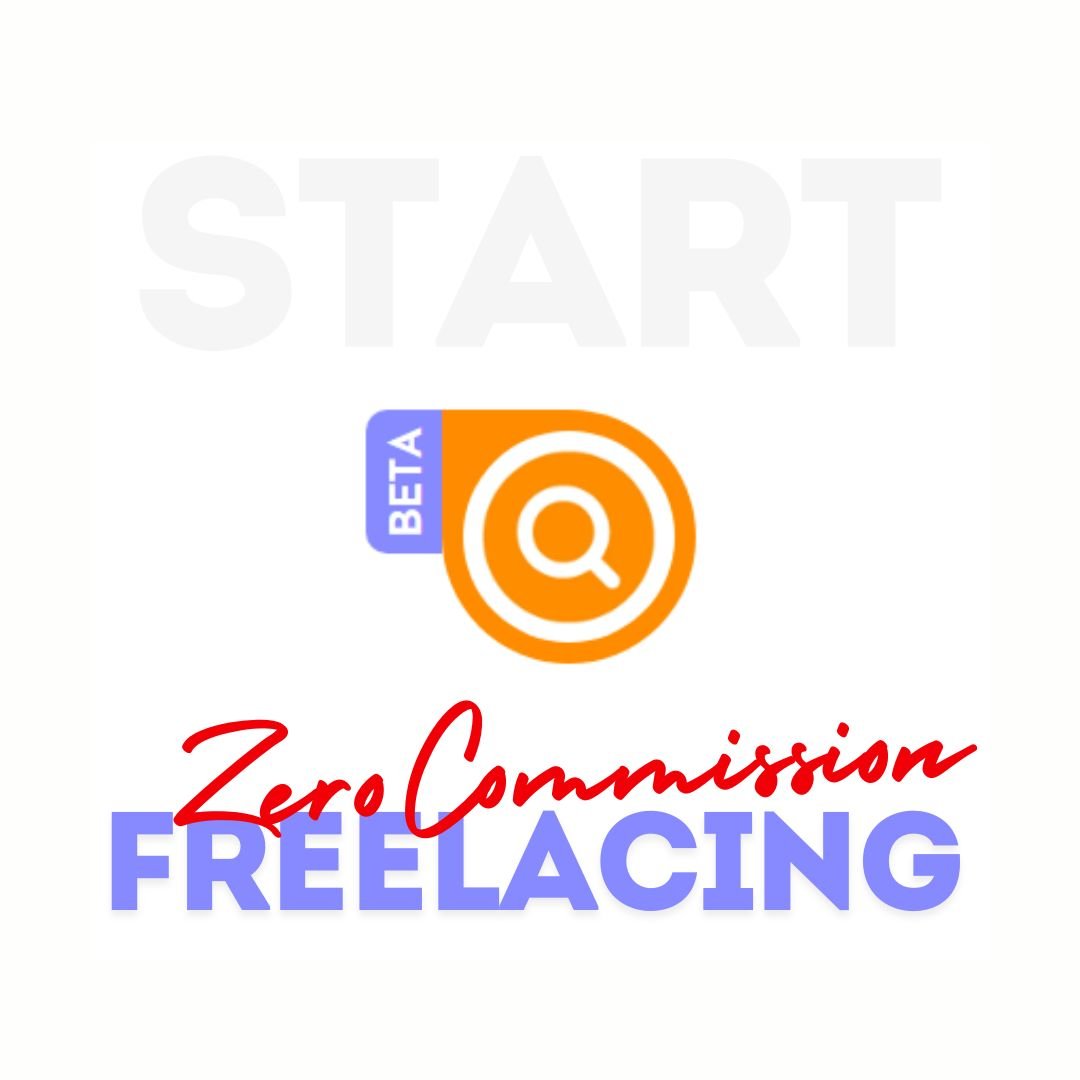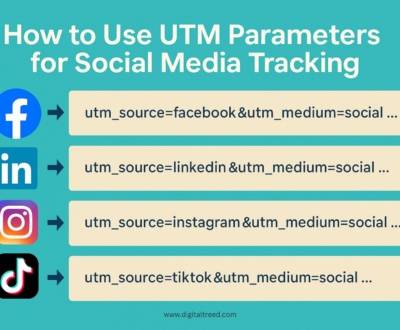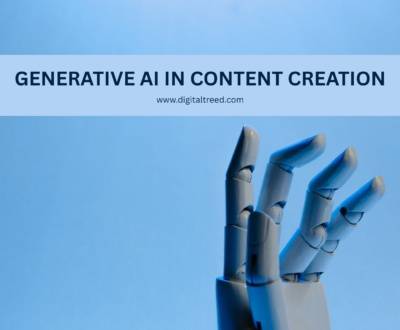Hiring for Culture Fit vs. Skill Set: What Should Digital Companies Prioritize?

- April 18, 2025
- Aijaz Alam
- Blogs
In the ever-changing digital business world, hiring decisions can make or break a company’s trajectory. Startups, digital agencies, SaaS businesses, and e-commerce brands all face a similar question when it comes to recruitment: Should we prioritize culture fit or skill set?
This dilemma isn’t new, but in a time when remote work is mainstream, talent is global, and adaptability is key, it’s more pressing than ever. This post defines the terms, striking the right balance when hiring and more.
Defining the Terms
Before diving into what should be prioritized, it’s important to understand what “culture fit” and “skill set” actually mean in a digital hiring context.
- Culture fit refers to how well a candidate aligns with your company’s values, mission, and team dynamics. This doesn’t mean hiring people who are exactly like everyone else, but rather those who thrive in your specific working environment and contribute positively to the company’s vibe.
- Skill set focuses on the technical or role-specific capabilities someone brings to the table. For instance, coding ability, data analysis, SEO knowledge, UX design, project management, and so on. It’s about whether someone can perform the tasks required for the job, and how well they can do them from day one.
Hiring Based on Skill Set
For digital companies in growth mode, technical competence can’t be ignored. If you’re hiring a front-end developer, they need to be proficient in modern JavaScript frameworks. If you’re building out your PPC campaigns, you’ll need someone who understands ad platforms, analytics, and attribution models.
Why Skill Set Still Matters
- Immediate ROI: Skilled hires can start contributing right away, reducing ramp-up time.
- Product quality: Great designers, developers, and marketers can directly influence the customer experience.
- Project deadlines: Agencies and SaaS teams often have tight timelines. Hiring someone who’s technically proficient avoids delays.
However, focusing too much on skill can lead to problems. A highly skilled candidate who doesn’t collaborate well, resists feedback, or doesn’t align with the company’s mission can be disruptive. Even worse, they can weaken the cohesion and effectiveness of high-performing teams.
Read Also: External IT Support: Everything You Need To Know?
Hiring Based on Culture Fit
Culture fit emphasizes shared values, adaptability, communication style, and alignment with the team’s energy. In the digital world where teams are often dispersed across time zones, this can be a massive factor in success.
Why Culture Fit Shouldn’t Be Overlooked
- Retention Rates: Employees who align with the culture tend to stay longer.
- Team Synergy: People who work well together, even if they’re not perfect at the start, often outperform isolated high performers.
- Growth Potential: A candidate with the right attitude can learn technical skills. It’s harder to reach humility, empathy, or enthusiasm.
A digital content strategist who shares your company’s passion for innovation and user-centered design may be a better long-term asset than a seasoned pro who treats every project like a checklist.

Striking the Right Balance
So, which should you prioritize? The answer isn’t either/or- it’s about balance. Let’s break it down into practical advice:
1. Start With the Role’s Nature
Some roles require immediate technical competence (think DevOps, analytics, or performance marketing). In these cases, the skill set may weigh heavier, especially in fast-moving environments. For collaborative, creative, or leadership roles, culture fit might be the more important success factor.
2. Assess Soft Skills as Rigorously as Hard Skills
Too often, companies spend hours testing hard skills with coding tests, take-home assignments, and portfolios, but rely on gut instinct for evaluating culture fit. Create structured interview questions around communication, conflict resolution, motivation, and adaptability. For example:
- “Tell me about a time you disagreed with a manager–how did you handle it?”
- “What type of feedback do you find most helpful?”
- “What attracted you to our company’s mission?”
These can reveal much more than a casual conversation ever will.
3. Watch for Culture Add Over Culture Clone
Hiring for culture doesn’t mean creating an echo chamber; diversity of thought and background matters. Instead of hiring people just like your existing team, look for candidates who add to your culture. Hire people who challenge respectfully, bring new perspectives, and align with your values even if they differ in approach.
4. Upskilling is More Accessible Than Ever
With platforms like LinkedIn Learning, Coursera, and internal mentorship programs, it’s easier than ever to teach tools and tactics on the job. If a candidate is missing a particular technical skill but brings passion, curiosity, and cultural alignment, they can often ramp up faster than expected.
Some companies also equip their teams with advanced tools to support and streamline operations. For example, OCR Studio provides on-premise ID scanning and recognition technology that helps teams manage identity verification securely and efficiently.
By integrating this kind of solution, businesses enhance their operational capabilities and expose employees to real-world applications of AI. This fosters a hands-on learning experience that supports growth and innovation.
Read Also: Best AI Tools For Live Streams in 2025
5. Use Trial Projects or Contract-to-Hire Models
If you’re truly unsure about a candidate’s balance between skill and culture fit, offer a paid project or a short-term contract. This lets both sides test the waters before making a full commitment.
Real-World Examples
The Design Agency
A design agency needed a UX/UI designer to support its growing client base. The most experienced applicant had an impressive portfolio but lacked enthusiasm during the interview and struggled to explain design choices.
Another candidate had fewer years of experience but expressed a strong design philosophy, deep empathy for users, and an eagerness to grow. The agency hired the latter, and six months later, client satisfaction scores were up 30%.
The SaaS Startup
A SaaS startup building automation tools needed a backend engineer. They hired the most technically impressive applicant, only to find out she resisted team processes and preferred working solo. Despite top-tier code quality, the lack of communication slowed down releases and created friction. Eventually, the company brought in a less experienced but highly collaborative developer who improved team morale and productivity.
These examples prove that talent isn’t just about ticking boxes–it’s about building human-centered teams.
Key Takeaways
Hiring for skill ensures technical output, but may not support long-term retention or collaboration. Hiring for culture fosters cohesion, adaptability, and a shared mission, but may require training time. For most digital businesses, a hybrid approach works best. Filter candidates for must-have skills, then narrow the pool based on cultural alignment. Tools, mentorship, and trial periods can help balance the equation.
Endnote
In the current digital economy, where talent is global and business is lightning-fast, hiring decisions are both high-stakes and high-impact. Whether you’re a bootstrapped startup or a growing agency, choosing between culture fit and skill set shouldn’t be a binary decision.
Instead, prioritize alignment over perfection. Skills can be taught. Attitude, adaptability, and shared values often can’t. Build teams that don’t just work together, but want to work together.
Aijaz Alam is a highly experienced digital marketing professional with over 10 years in the field. He is recognized as an author, trainer, and consultant, bringing a wealth of expertise to his work. Throughout his career, Aijaz has worked with companies such as Arena Animation and Sportsmatik.com. He previously operated a successful digital marketing website, Whatadigital.com, where he served an impressive roster of Fortune 250 companies. Currently, Aijaz is the proud founder and CEO of Digitaltreed.com.

About us and this blog
We are a digital marketing company with a focus on helping our customers achieve great results across several key areas.
Request a free quote
We offer professional SEO services that help websites increase their organic search score drastically in order to compete for the highest rankings even when it comes to highly competitive keywords.










I have been browsing online more than three hours today yet I never found any interesting article like yours It is pretty worth enough for me In my view if all website owners and bloggers made good content as you did the internet will be a lot more useful than ever before